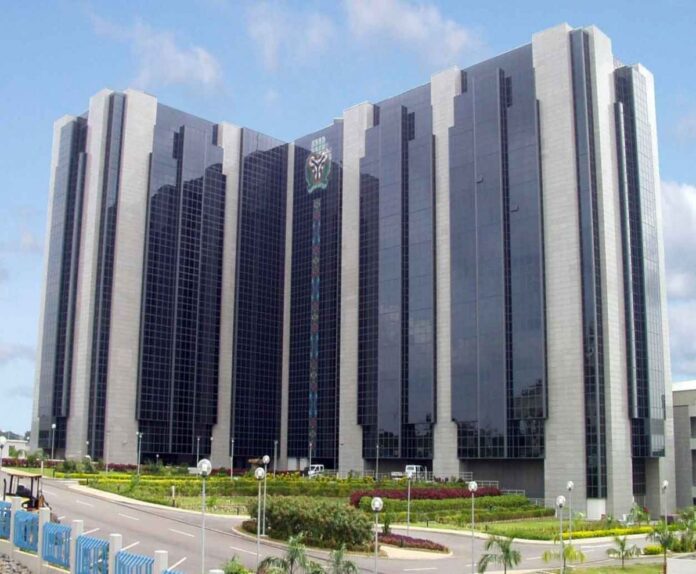The Central Bank of Nigeria (CBN) has granted approval for a pivotal financial accommodation to support the proposed merger between Unity Bank Plc and Providus Bank Limited.
In a statement, CBN director, Corporate Communications Department, Hakama Sidi Ali said the strategic move was designed to bolster the stability of Nigeria’s financial system and avert potential systemic risks.
“The merger is contingent upon the financial support from the CBN. The fund will be instrumental in addressing Unity Bank’s total obligations to the Central Bank and other stakeholders. It is unequivocal to state that the CBN’s action is in accordance with the provisions of Section 42 (2) of the CBN Act, 2007. This arrangement is crucial for the financial health and operational stability of the post-merger organization,” she said.
The CBN had on March, 28, 2024 announced a two-year bank recapitalisation exercise which commenced on April 1, 2024, and is expected to end on March 31, 2026.
The recapitalization plan requires minimum capital of N500 billion, N200 billion, and N50 billion for Commercial Banks with International, National, and Regional licenses respectively.
Likewise, the CBN also raised capitalisation baseline for Merchant Banks (N50 billion) and Non-interest Banks (National: N20 billion and Regional: N10 billion).
The CBN released recapitalisation guidelines also asked banks to explore other options such as mergers/acquisitions or downgrade of banking license, where the bank is unable to implement any of the above options.
Ali further disclosed that no Nigerian bank currently faces a precarious situation comparable to that of Heritage Bank, which was recently liquidated.
“The CBN remains committed to safeguarding depositors’ interests and ensuring the smooth functioning of the banking sector through proactive measures and strategic interventions. The CBN’s decision underscores its dedication to maintaining financial stability and promoting confidence in the banking system during this transformative period,” she said.
On capital raising, several banks have already approached the domestic capital markets to raise new funds.
The options for the banks include private placement which allows lenders to seek new funds from pre-selected private investors and rights issue which authorizes them to invite existing shareholders to purchase additional new shares in the bank at a discounted price relative to the current market price.
Some banks are also raising new funds through the Holding Company (HoldCo) option, which allows them to raise debt through their HoldCo which can then be injected as equity capital in the bank.
In a report on its website, Providus Bank described itself as an innovative financial institution that provides personal, private, corporate, commercial and digital banking products and solutions.
“Our tailored financial services delivery includes: Business Advisory, Portfolio Management, Personalised Relationship Management, Fast-tracked Service delivery and Self-service solutions.ProvidusBank competitive advantage in Private, Institutional, Business and Personal Banking is driven by the philosophy to create support and value for Institutions, Agencies, SMEs and HNIs,” it said.
“At Providus Bank, we believe that the New World of Fast, Smart, Personal, and Borderless banking relationship is here. We are therefore inspired by our Future Forward Banking ethos to make life (at work and leisure) more exciting for our partners with the use of cutting-edge technology that delivers best-in-class customer satisfaction,” it said.
Unity Bank commenced operations in January 2006 following the merger of nine Banks with competences in investment, corporate and retail banking.
“Today, Unity Bank is one of Nigeria’s leading retail banks with 213 business offices spread across the 36 States and Federal Capital Territory. We are Nigeria’s 8th largest bank by business locations,” the bank said in information on its website.


